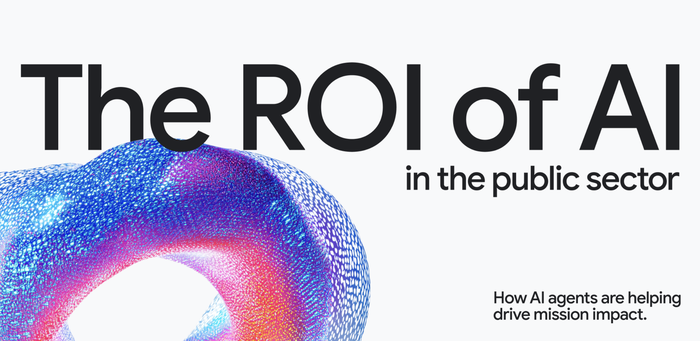Announcing new Google Research Innovators, bringing more science to the cloud

Astitva Chopra
Solution Manager, Research, Google Cloud
We are proud to announce new Research Innovators, which doubles the cohort from 31 to 62.
With access to ever more data, compute capacity, and storage capabilities, the cloud is revolutionizing scientific research across the globe. By migrating their data and processing to the cloud, researchers can accelerate breakthroughs and solve real-world problems faster. Now in its second year, the Google Cloud Research Innovators Program promotes collaboration among a global cohort of scientists and provides them with professional opportunities and technical expertise to make the best use of the cloud in their research. We are proud to announce the new cohort, which doubles the number of Research Innovators from 31 to 62. The incoming group represents 7 disciplines, 10 countries, and 45 institutions.
This year’s cohort has been expanded and reorganized into five tracks: health sciences, life sciences, physical sciences, social sciences, and computer sciences. The life sciences track includes nine climate scientists working to address urgent concerns about our planet’s resources.
For example, Richard Fernandes, Research Scientist at Natural Resources Canada (NRCan), is developing the LEAF toolbox to map and assess vegetation with satellite data from Google Earth Engine. Tian Guo, Assistant Professor of Computer Science, works with a team at Worcester Polytechnic Institute to make distributed deep learning more efficient and responsive with Google’s preemptible Virtual Machine Instances (VMs). Amiyaal Ilany, Senior Lecturer in Life Sciences at Bar-Ilan University in Israel, has been introducing new methods and technologies to the study of animal behavior in the wild. Vijay Ramdin Singh, Postdoctoral Fellow in the Chemical Engineering department at the University of Illinois at Chicago, studies high-throughput materials design using machine learning. Thea Sommerschield, Marie Skłodowska-Curie Postdoctoral Fellow in the Humanities at Ca' Foscari University of Venice, used the Natural Language Processing capabilities of DeepMind and Google Cloud to design Ithaca, an open source deep neural network that can restore and attribute ancient Greek inscriptions. These are just a few examples of the innovative projects now underway by the new cohort of Google Research Innovators.
Leveraging the cloud for breakthroughs is not just about speed and power, and not just for research in science and technology. Sommerschield explains how machine learning (ML) and artificial intelligence (AI) can also revolutionize research methods across disciplines: “under Google’s aegis, we can organize the ancient world's information using ML not simply as an assistive tool, but as a technique to unlock hidden patterns and insights in the textual data: the qualitative leap consists in no longer seeking to do faster and better what we were doing before, but rather in developing and using new techniques to do what we could not do before.”
...the qualitative leap consists in no longer seeking to do faster and better what we were doing before, but rather in developing and using new techniques to do what we could not do before....
Thea Sommerschield, Member, Google Cloud Research Innovastors 2022 cohort
Last year’s cohort of Research Innovators is already advancing these tools and techniques. Tapio Schneider, Theodore Y. Wu Professor of Environmental Science and Engineering at Caltech and Senior Research Scientist at JPL, developed a Climate Machine to improve simulations of future environmental conditions. Another Research Innovator, Teodora Szasz, Senior Computational Scientist at the University of Chicago’s MiiE (Messages, Identity, and Inclusion in Education) Lab, used Machine Learning to visually categorize illustrations to better measure representation in children’s literature.
If you’re a researcher interested in exploring the benefits of the cloud for your projects, apply here for access to the Google Cloud research credits program in 60 eligible countries.



